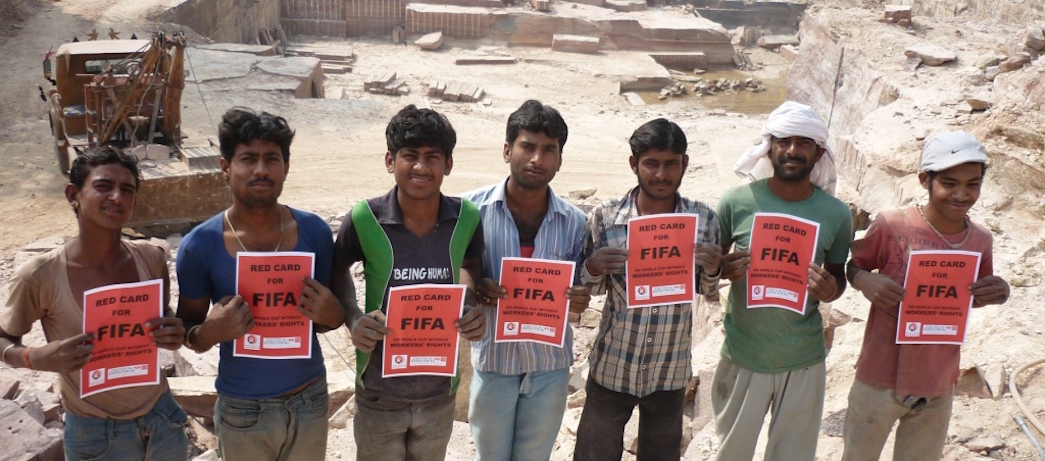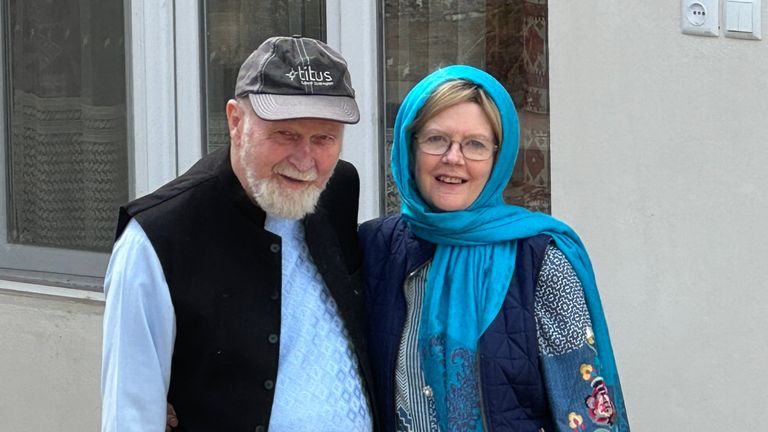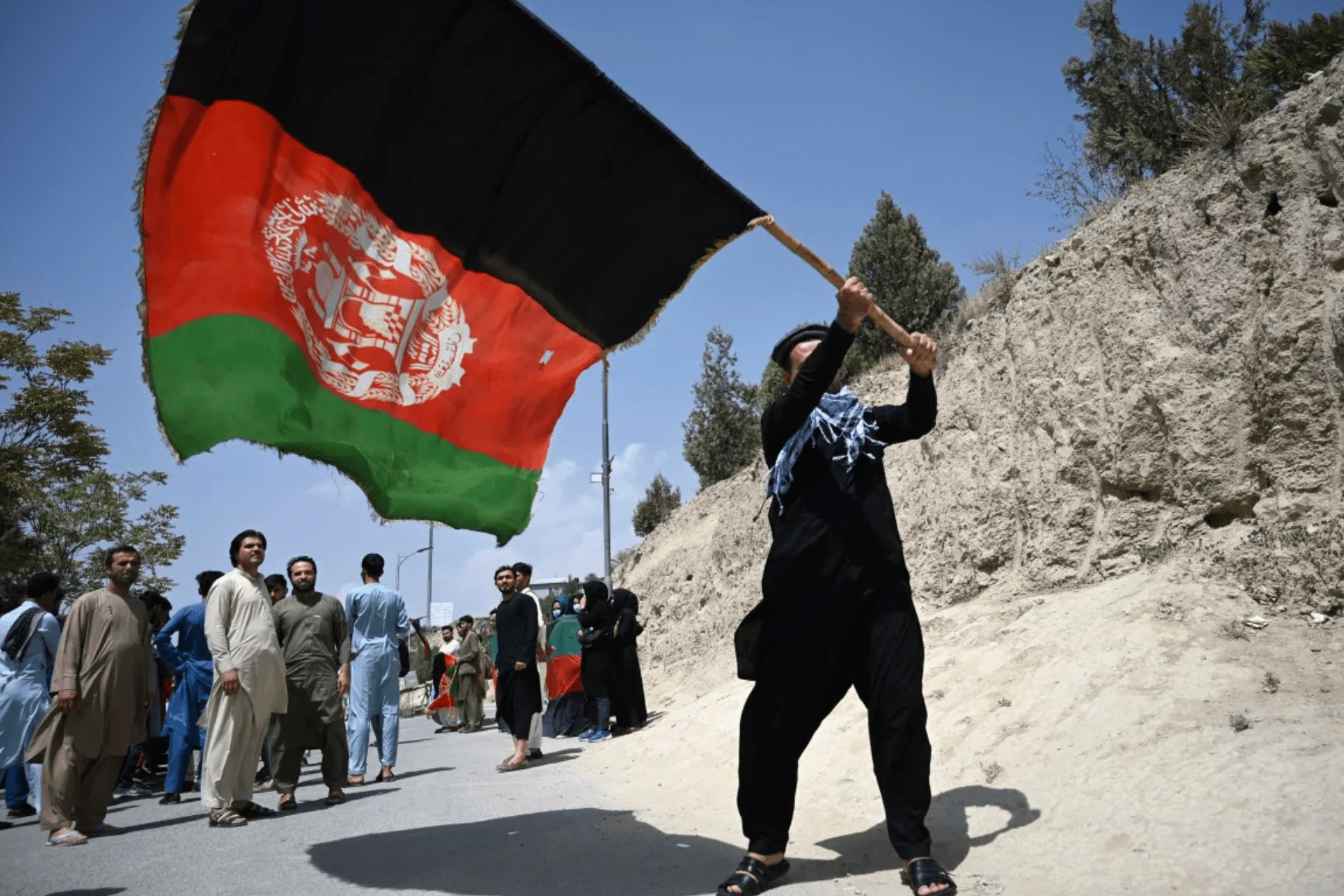Violations of Human Rights by Qatar in several cases

While the international human rights day is going to be celebrated across the world on December 10th 2020, there have been several violations of the human rights in Qatar during the past years, especially 2020:
FIFA World Cup Workers:
Many reports have been published by the Human Rights Watch commission on the violation and abuse of the rights of World Cup workers and the recovery of what happened to them during the Corona period. Human Rights Watch spoke to 93 migrant workers working for 60 different employers and companies between January 2019 and May 2020, all of whom reported some form of wage abuse by their employer such as unpaid overtime, arbitrary deductions, delayed wages, withholding of wages, unpaid wages, or inaccurate wages. The findings in this report show that across Qatar, independent employers, as well as those operating labor supply companies, frequently delay, withhold, or arbitrarily deduct workers’ wages. Employers often withhold contractually guaranteed overtime payments and end-of service benefits, and they regularly violate their contracts with migrant workers with impunity. In the worst cases, workers told Human Rights Watch that employers simply stopped paying their wages, and they often struggled to feed themselves. Taking employers and their companies to the Labor Relations department or the Labor Dispute Resolution Committees is difficult, costly, time-consuming, ineffective, and can often result in retaliation. Workers often describe taking legal action as a “Catch-22” situation - indebted if you do, indebted if you don’t.
The Covid-19 pandemic has amplified the ways in which migrant workers’ rights to wages have long been violated. While none of the wage-related problems migrant workers are facing under Covid-19 are novel delayed wages, unpaid wages, forceful terminations, repatriation without receiving end-of-service benefits, delayed access to justice regarding wages, arbitrary deductions from salaries since the pandemic first appeared in Qatar, these abuses have appeared more frequently. At the heart of enabling wage abuse lays the kafala (sponsorship) system, which ties migrant workers’ visas to their employers. This leaves workers dependent on their employers for their legal residency and status in the country, placing them in a position of vulnerability that employers can, and often do, take advantage of. In 2017, Qatar committed to abolishing the kafala system. And while it has since introduced some measures that have served to chip away at kafala, employers are still responsible for securing, renewing, and cancelling residency permits for migrant workers, and are thus still able to severely restrict workers’ ability to change jobs.
Invasive search of Australian women at Doha airport:
Airport officials at the Doha airport forcefully examined 18 Australian women after the discovery of an abandoned newborn baby at the airport. Witnesses said the female passengers were strip-searched. The women, who were on a Qatar Airways flight to Sydney on October 2, were subjected to an invasive search on the tarmac, after a newborn baby was found abandoned at the airport. Babeck, a passenger on the flight, told Australian broadcaster ABC that women were taken off the plane irrespective of their age. "They told me they had to take their cloths off from the bottom and then it was inspected whether they had given birth or not,’’
"When the women came back, many of them or probably all of them were upset. One of them was in tears, a younger woman, and people couldn't believe what had happened,'' the passenger added. An undisclosed number of women of other nationalities from the same flight and other flights were also reportedly forced to undergo the invasive examination. Women reported the incident to Australian authorities on the flight upon their arrival in Sydney on 3 October. Some passengers made a report to the Australian federal police at the airport, and one woman on the flight, a DFAT employee, emailed the department that night. This is not only a violation of Human Rights but also women’s rights.
Abuse and exploitation of Domestic Workers in Qatar:
A report issued by Amnesty International, reveals how migrant domestic workers employed in Qatar have been pushed to breaking point by extreme overwork, lack of rest, and abusive and degrading treatment. The organization spoke to 105 women who had been employed as live-in domestic workers in Qatar, and found that their rights were still being abused and violated despite government reforms aimed at improving their working conditions. Some women said they had been victims of serious crimes such as sexual assault. In 2017 Qatar introduced the Domestic Workers Law, which stipulated limits on working hours, mandatory daily breaks, a weekly day off and paid holidays. Three years on, 90 of the 105 women contacted by Amnesty said they regularly worked more than 14 hours per day; 89 regularly worked seven days a week; and 87 had their passport confiscated by their employers. Half of the women worked more than 18 hours per day, and most had never had a single day off at all. Some also reported not being paid properly, while 40 women described being insulted, slapped or spat at. One woman said she was treated “like a dog”.
Qatar has utterly failed to hold abusive employers to account; they have also failed in protecting and providing the basic human rights for the citizens of their own country and internationals, whether they are travelers, domestic workers or anyone else. Which means there is little to deter future abuses. Practices such as passport confiscation and unpaid wages, which indicate forced labor, are not being automatically investigated, and rarely face consequences even when they refuse to hand passports over or pay dues. It is a crucial time for the international community especially the Human Rights Watch, to take action regarding the issues that concern human rights in Qatar.
- 2020 Dec - 08







